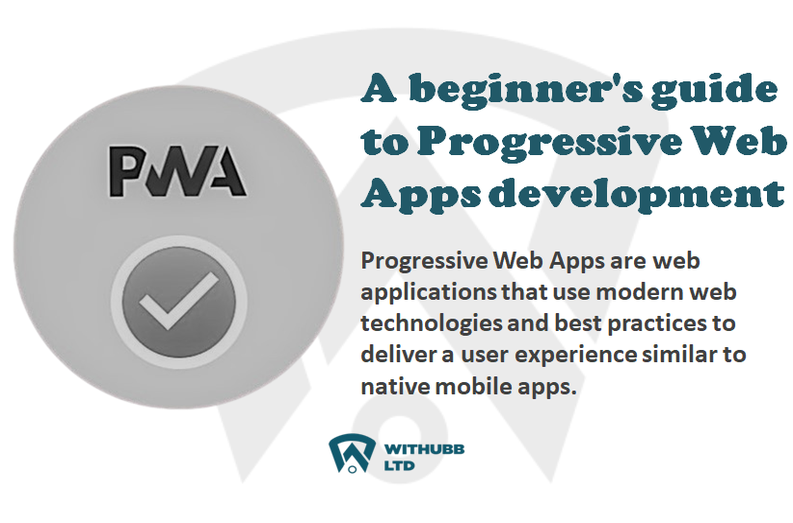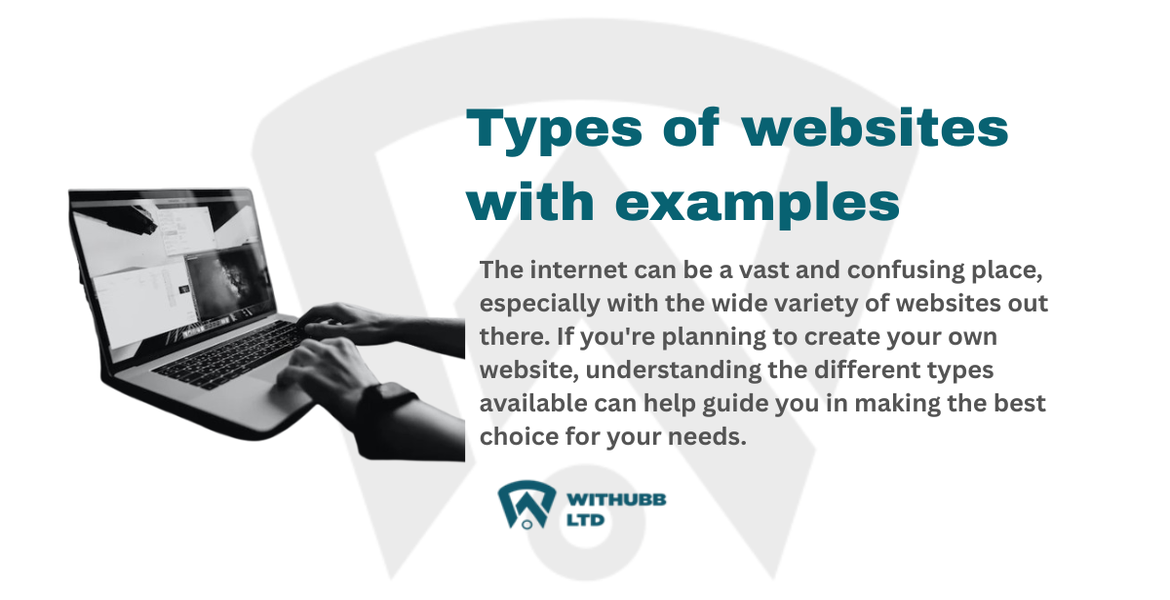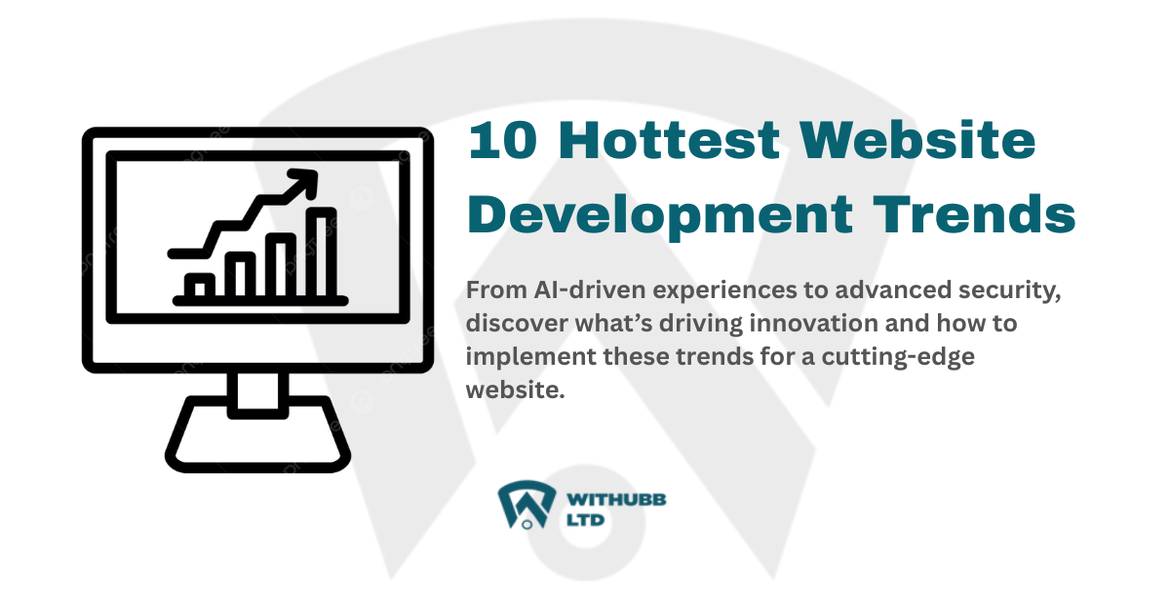5 essential tools for building a responsive business website

Imagine this: you’re browsing online for a product or service, and you stumble upon a website that catches your eye. But just as you’re about to click, the layout looks messy, the content doesn’t fit the screen, and you find yourself zooming in and out, frustrated. You move on to another site—a competitor—and everything fits beautifully. It loads quickly, adjusts effortlessly to your device, and you navigate with ease. This is the power of a well-built responsive website. In a world where attention spans are short and competition is fierce, having a responsive website is not just an advantage—it’s essential.
For businesses aiming to make their mark, the goal is clear: create a site that not only impresses visually but also adapts to every device, ensuring a seamless experience for users everywhere. To achieve this, there are tools designed specifically to simplify the process and elevate your website's performance. Let’s dive into five essential tools that will help you create a standout, responsive business website that captures attention and holds it.
Content Management System (CMS)
Building and maintaining a business website shouldn’t be a complicated affair. With a Content Management System (CMS), you can manage your site’s content without the headache of complex coding. These platforms are designed to be accessible, allowing even beginners to craft a website that is professional and fully responsive. WordPress, Joomla, and Drupal are standout examples, providing intuitive interfaces that streamline the process of creating, editing, and managing content.
Beyond simplifying website management, a CMS offers access to a treasure trove of responsive templates. These templates are crafted to adjust automatically to varying screen sizes, ensuring your content looks great on desktops, tablets, and smartphones alike. The flexibility doesn’t stop there; with a vast array of plugins and extensions, you can enhance your site’s functionality effortlessly. Want to add a shop, boost SEO, or integrate social media? There’s a plugin for that. By selecting the right CMS, you ensure that your website remains flexible and future-proof, growing alongside your business needs.
Website Builders
For those who want to get a website up and running quickly without diving into coding, Website Builders are a game-changer. These tools are designed with simplicity in mind, offering drag-and-drop functionality and pre-designed templates that make creating a stunning website a breeze. Best of all, these templates are often responsive by default, meaning your website will look great on any device with minimal effort.
Platforms like Wix, Squarespace, and Weebly stand out for their ease of use. Wix is known for its vast selection of modern, responsive templates and intuitive design tools. Squarespace offers elegant, professionally designed templates that can be customized to fit any brand’s aesthetic. Weebly combines simplicity with powerful e-commerce and SEO features, making it a strong choice for businesses looking to establish a professional online presence quickly. These website builders enable you to focus on what matters most: showcasing your brand and connecting with your audience without technical hurdles.
Responsive Design Frameworks
Creating a responsive website requires more than just good intentions—it requires a solid foundation. Responsive Design Frameworks provide the tools you need to ensure your site adapts smoothly across different devices. These frameworks are a set of pre-defined CSS and JavaScript files that standardize the design elements of your site, so it automatically adjusts to any screen size.
Bootstrap and Tailwind CSS are among the most popular frameworks for responsive design. Bootstrap, with its well-established grid system and ready-made components, simplifies the process of structuring your website’s layout. Tailwind CSS, on the other hand, focuses on giving developers utility classes that offer granular control over the site’s responsiveness. Both frameworks empower you to create a professional-looking website that maintains its visual integrity on any device. Incorporating a responsive design framework ensures your business site is future-ready, catering to audiences who visit from all corners of the digital world.
SEO Tools
Creating a visually appealing website is only part of the equation; ensuring it reaches the right audience is just as crucial. This is where SEO tools come into play. These tools help optimize your site for search engines, ensuring it ranks well for relevant keywords and drives organic traffic. From keyword research to on-page optimization, SEO tools can significantly boost your website’s visibility.
Leading tools like Google Keyword Planner and SEMrush offer insights into the most effective keywords for your industry. Yoast SEO and Moz provide on-page optimization tips, helping you improve meta descriptions, content structure, and readability. Meanwhile, Ahrefs and Moz Link Explorer help with backlink analysis, identifying opportunities to enhance your site’s authority and search ranking. Utilizing these SEO tools strategically can lead to higher search visibility, more traffic, and, ultimately, more conversions.
Analytics Tools
Building a responsive website is not a one-time effort. To maintain success, you need to understand how visitors interact with your site and continuously optimize their experience. This is where analytics tools shine, offering valuable insights into user behavior, site performance, and conversion metrics.
Google Analytics is the gold standard, providing detailed reports on traffic sources, user demographics, and engagement patterns. Google Search Console helps monitor your site’s search performance and troubleshoot potential issues, such as broken links or slow loading pages. For businesses that want to dive deeper, tools like Hotjar provide heatmaps and session recordings, allowing you to visualize how users interact with your site. By understanding user behavior through analytics, you can make informed adjustments to your website, ensuring it remains effective and responsive to your audience's needs.
Wrapping Up
Having a responsive business website is more than just a trend—it’s a necessity. By equipping yourself with the right tools, you ensure your website not only meets modern standards but also thrives. From the versatility of a CMS and the simplicity of Website Builders to the robust capabilities of Responsive Design Frameworks, SEO Tools, and Analytics Tools, these essential resources are key to creating a successful business website. Invest in these tools, stay adaptable, and watch your website evolve into a powerful platform that captivates and converts.
Want to Build Something Amazing?
We prioritize your business success and we deliver faster. Our services are custom and build for scale.
Start nowMore Articles

Object-Oriented Programming (OOP) Meaning, Principles, Benefits.
1 week, 2 days ago · 7 min read
Security Best practices In web development
3 weeks, 2 days ago · 9 min read
A beginner's guide to Progressive Web Apps development (PWA)
3 weeks, 2 days ago · 5 min read
Types of websites with examples
3 weeks, 2 days ago · 10 min read
10 Hottest Website Development Trends You Can’t Ignore in 2025
3 weeks, 2 days ago · 10 min read
How to Set Up Django with PostgreSQL, Nginx, and Gunicorn on Ubuntu VPS Server
4 weeks, 1 day ago · 12 min read
Best Domain Extension Guide: .com vs .net vs .org vs .ng (2025)
4 weeks, 1 day ago · 6 min read
Top Web Design Tools for Professionals in 2025: Best UI/UX & Development Software
4 weeks, 1 day ago · 6 min read
Top 20 resources for learning code and programming online in 2025
4 weeks, 1 day ago · 7 min read
A comprehensive guide to database backup and recovery (Tips, Strategies, Common mistakes)
1 month, 1 week ago · 12 min read
x

